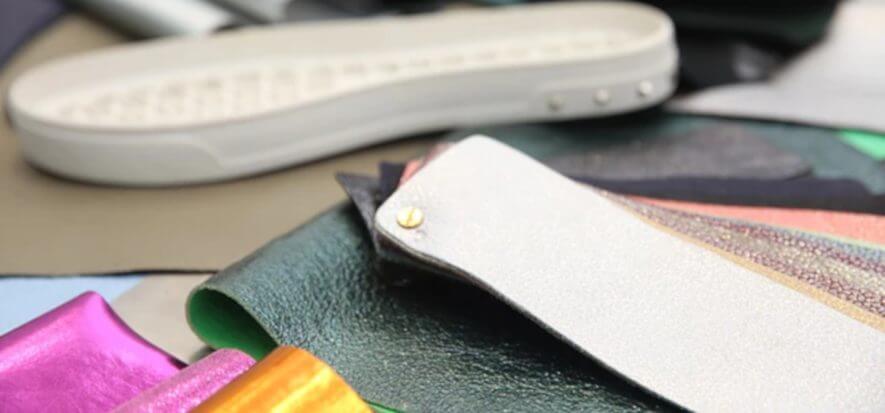Turkish shoes’ production is becoming too expensive. And as a consequence, foreign clients prefer to move supply chains in India or Portugal. Turkey was turning out to be the winner of the challenging situation that impacted Asia’s supply chain systems during the last two years. But according to Berke İçten, president of TASD (the nation’s footwear manufacturers’ association), inflation is mixing up the cards again. Today “important footwear chains – he says – are cancelling the orders made in Turkey and shifting them to Portugal and India because they are cheaper”. The Turkish footwear chain also needs to deal with the measures imposed by the local government that is strongly incentivizing them to use leather produced by the country’s tanneries.
Shoes are too expensive
According to İçten, the price difference in manufacturing a shoe between Turkey and India was of between 5 and 6 USD. Now its up to 10-11. “So European clients threaten to return to India – said the president of TASD to Turkish press –. Due to inflation, the production cost in Turkey grew 40% while our European buyers are willing to accept a 15% increment at most. The difference is huge”. İçten points out that if Turkey should lose its competitive advantage because of its costs, and the opinion was to take hold, “it would take two years to change it”.
Counterfeiting also plays a part in it, as Turkey ranks second in the world for fake goods, says İçten. At least 150 to 200 million pairs of shoes are manufactured this way in the country each year. And the nation’s production capacity if of between 500 and 550 million pairs per year. Lastly, in an interview published on World Footwear, TASD’s head admitted how “due to the pandemic, sustainability-related matters have worsened as production has become the most important aspect. Sustainability is currently the 2nd or 3rd highest priority for companies”.
Protectionist duties
Meanwhile the Turkish leather chain is facing protectionist duties imposed by the government. The latter introduce a 16% duty on imported bovine crusts, as reported by leatherbiz.com. At the same time, to discourage the sale of national hides to foreign markets, a new 500-USD duty per ton of wet-blue has been imposed in Turkey.
Photo from archive
Read also:










